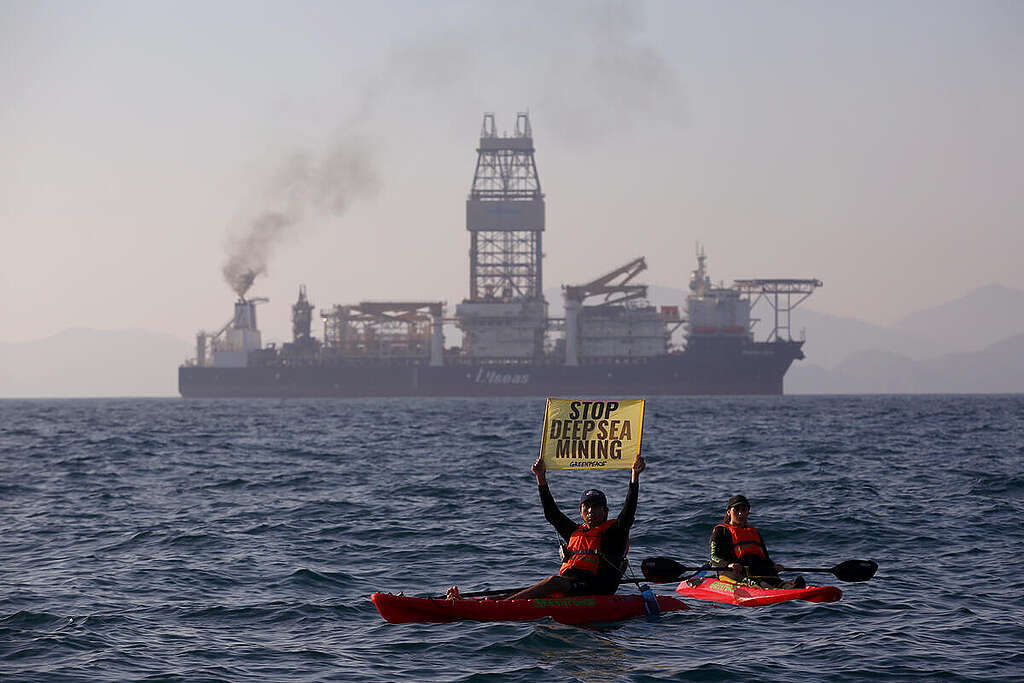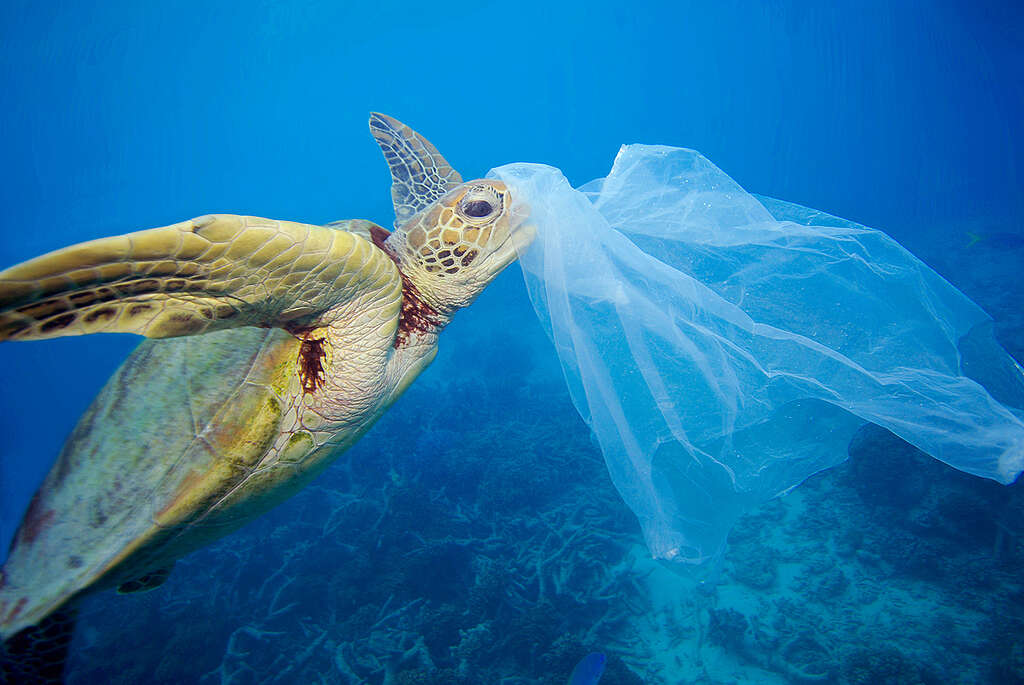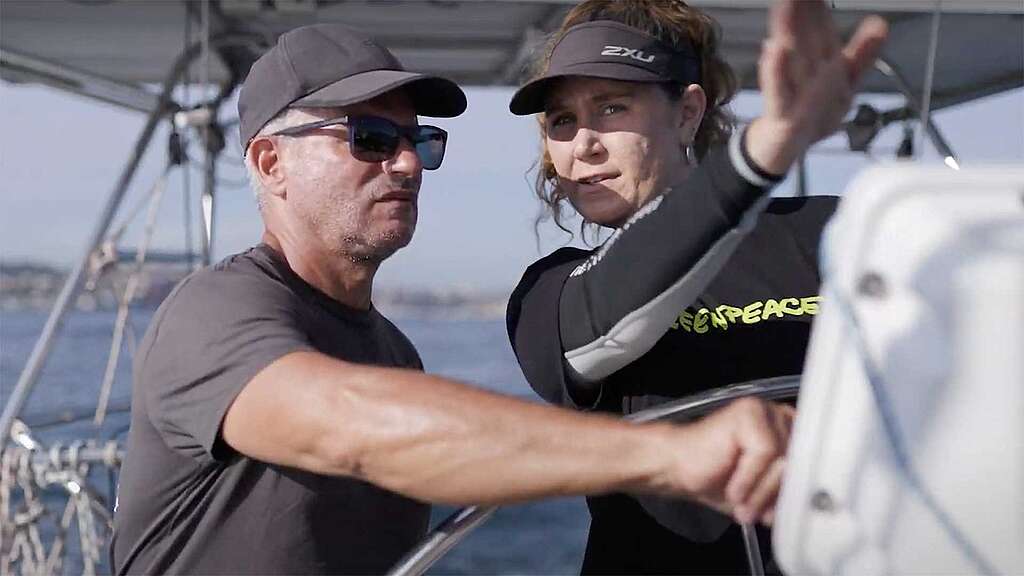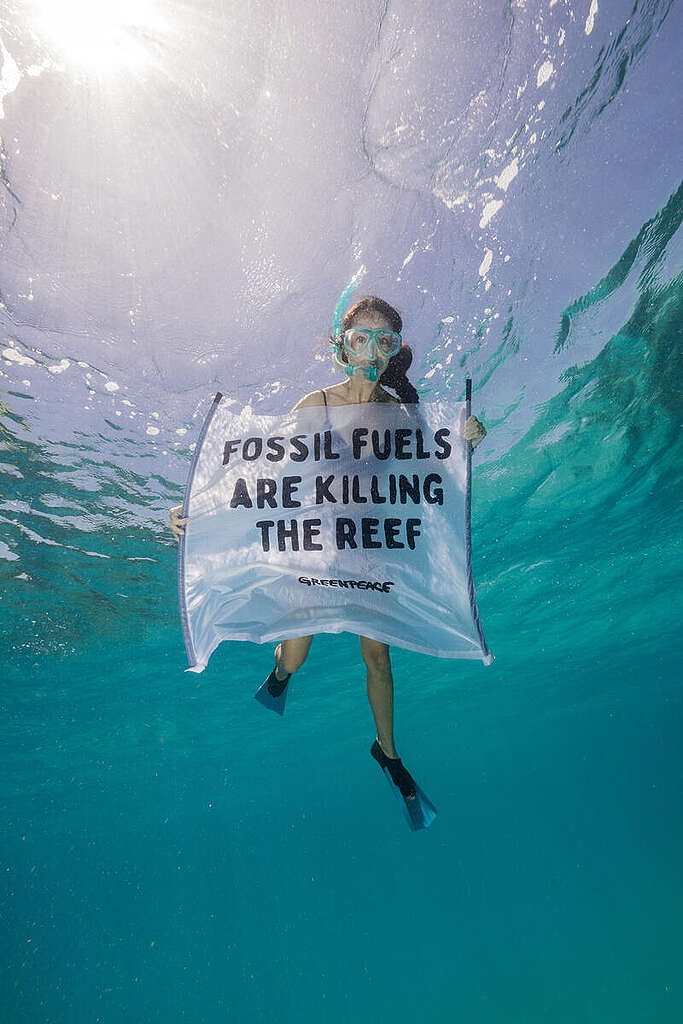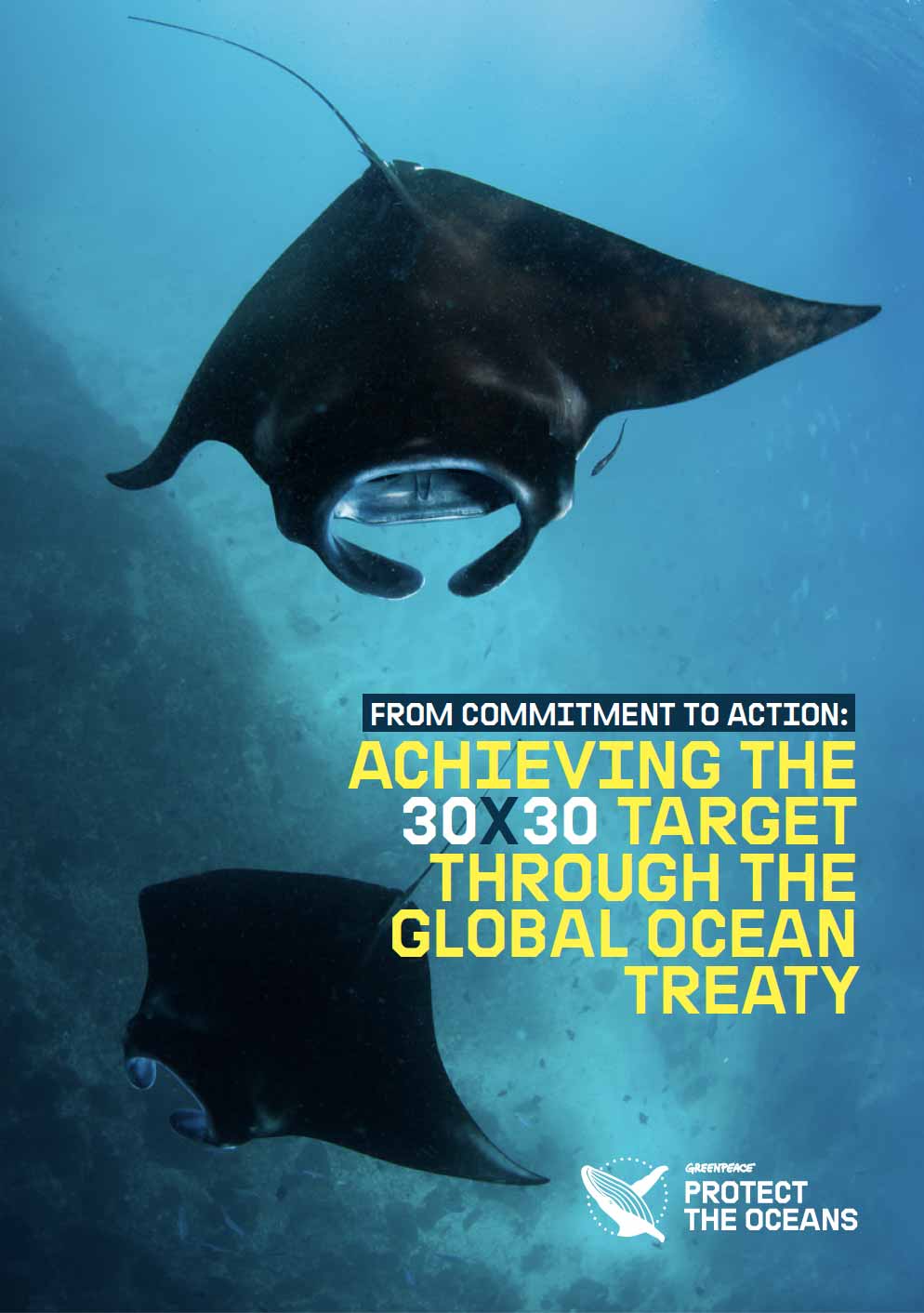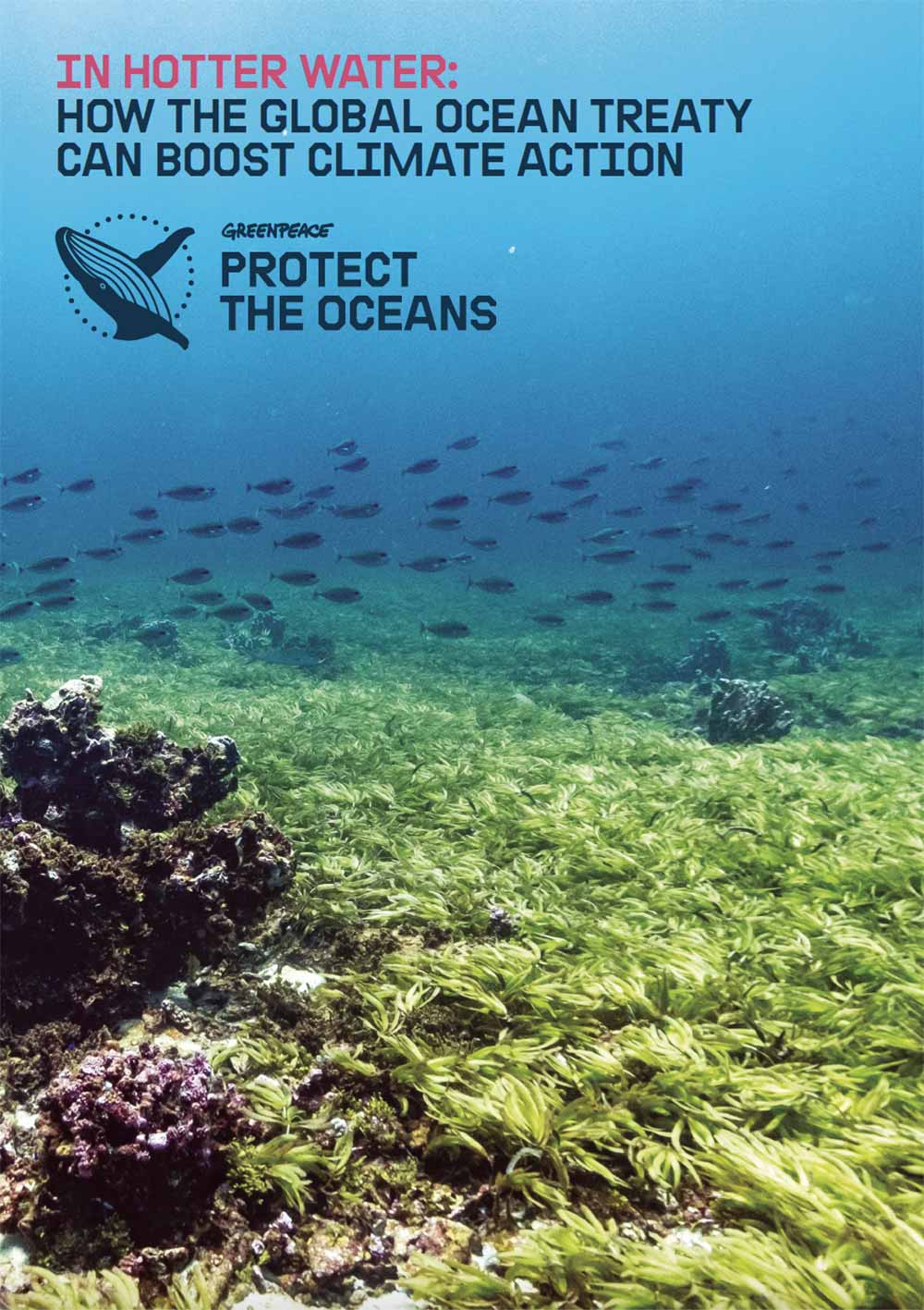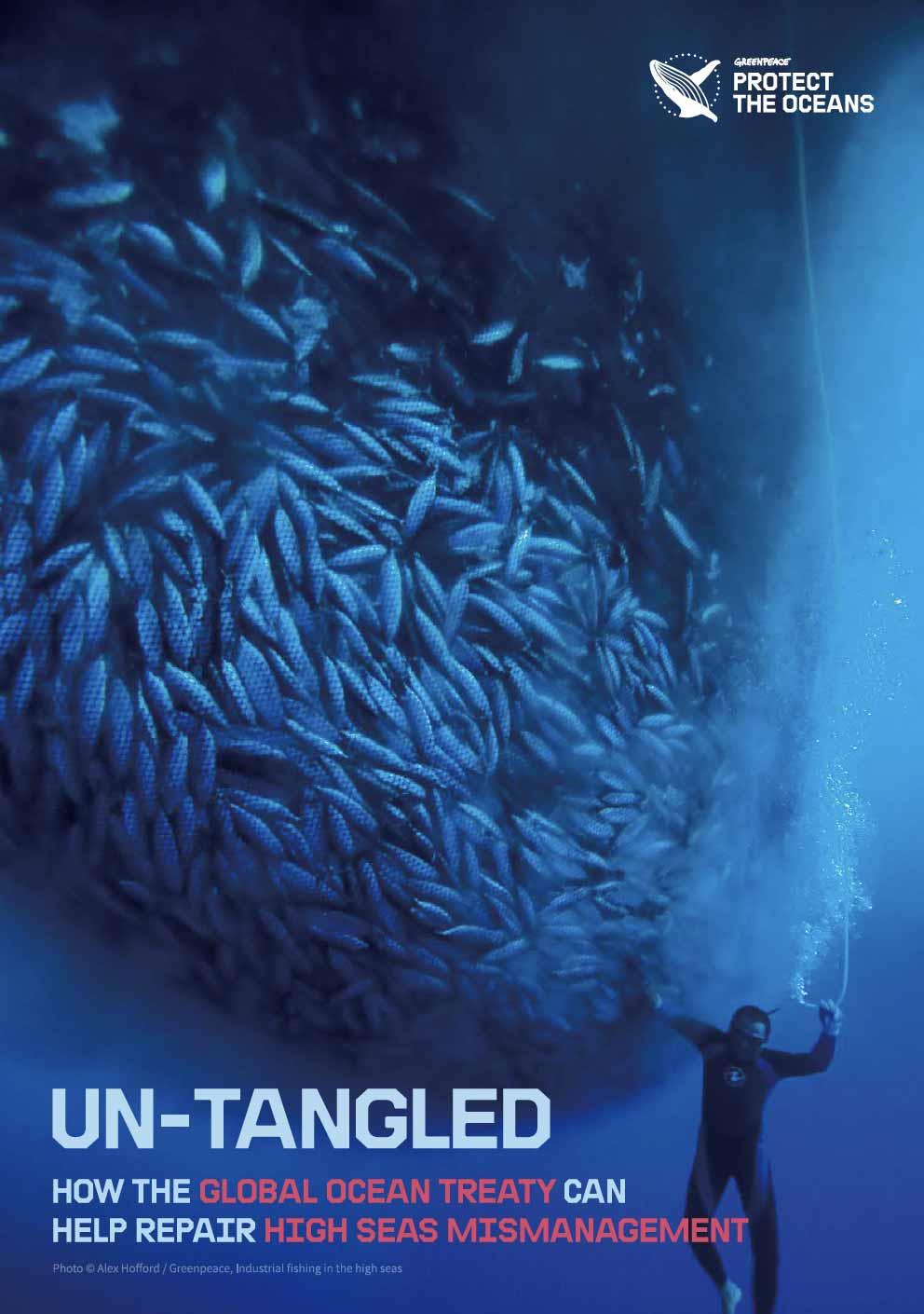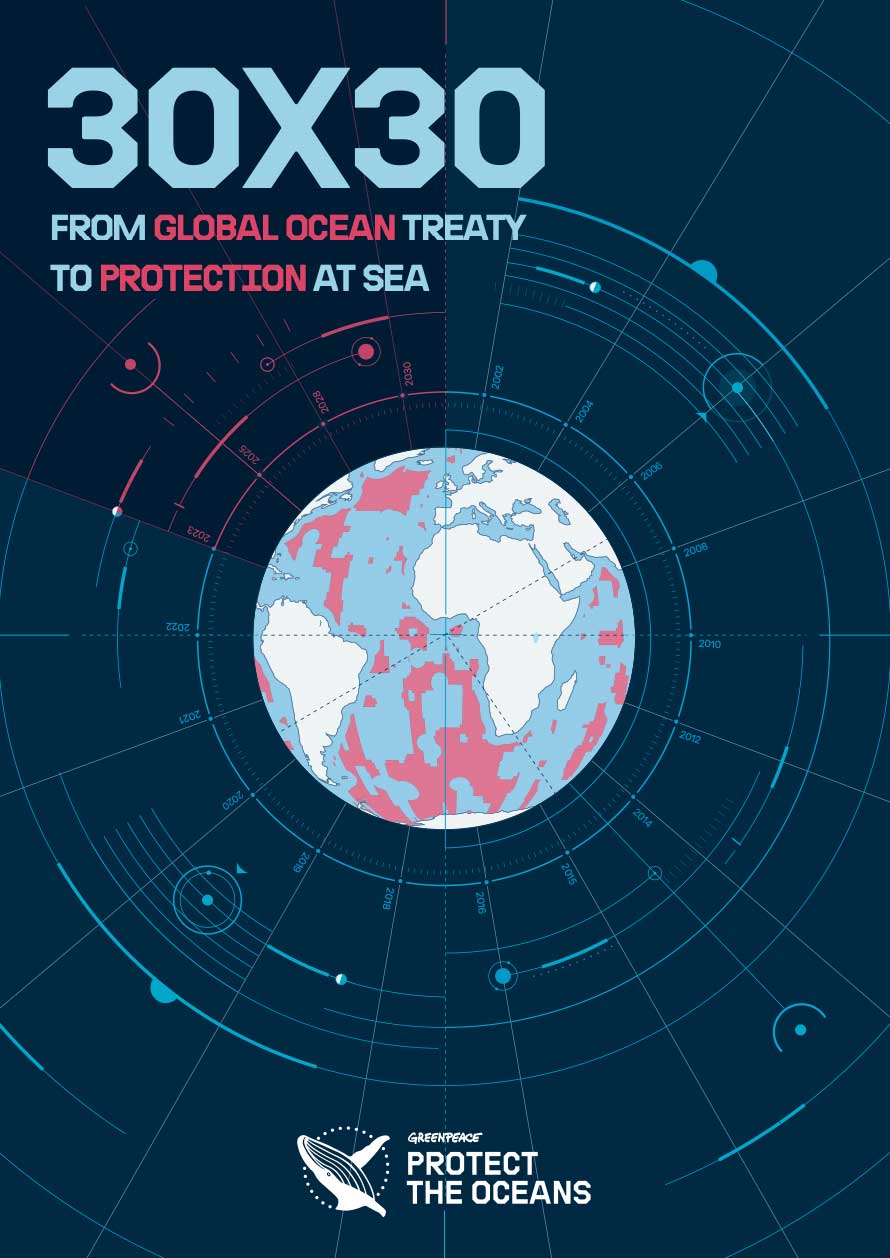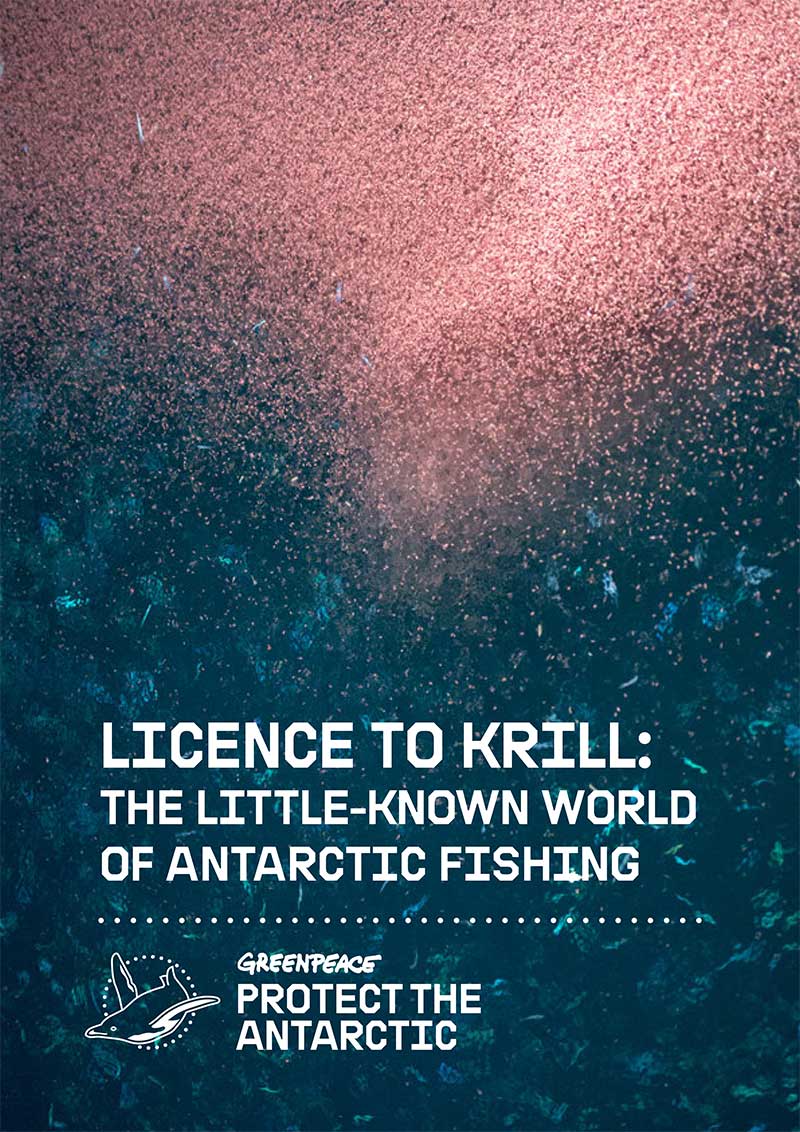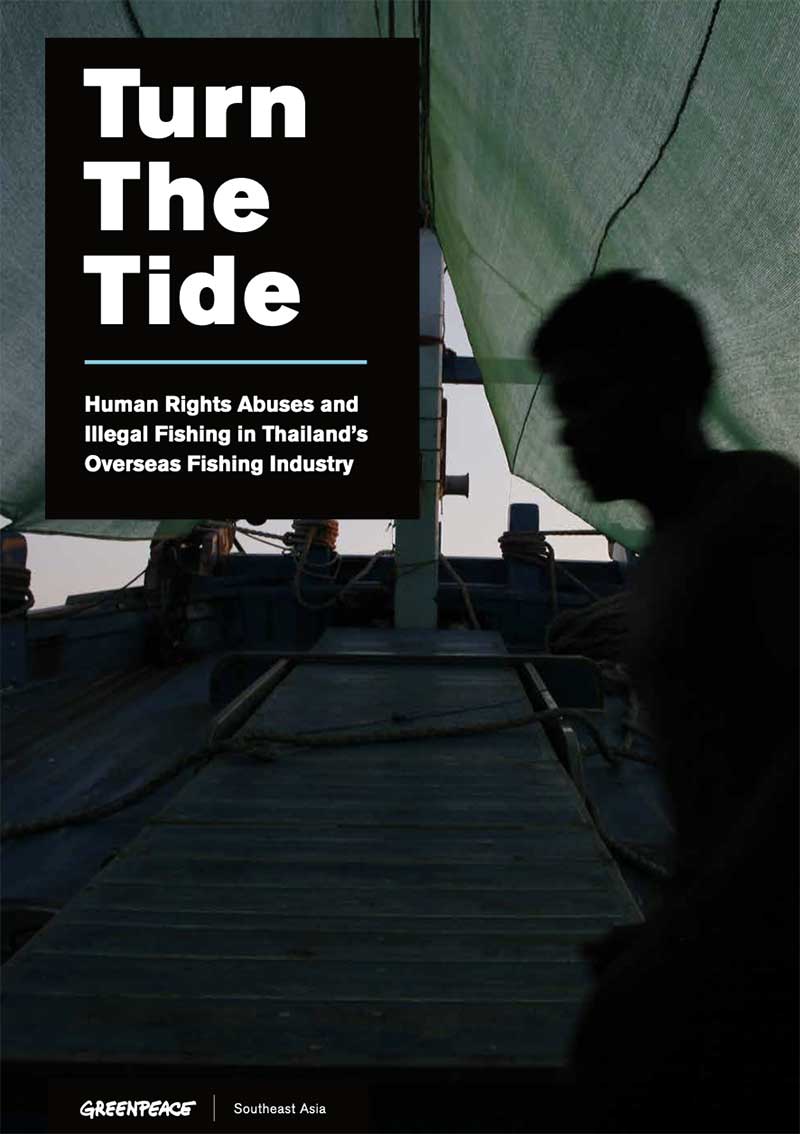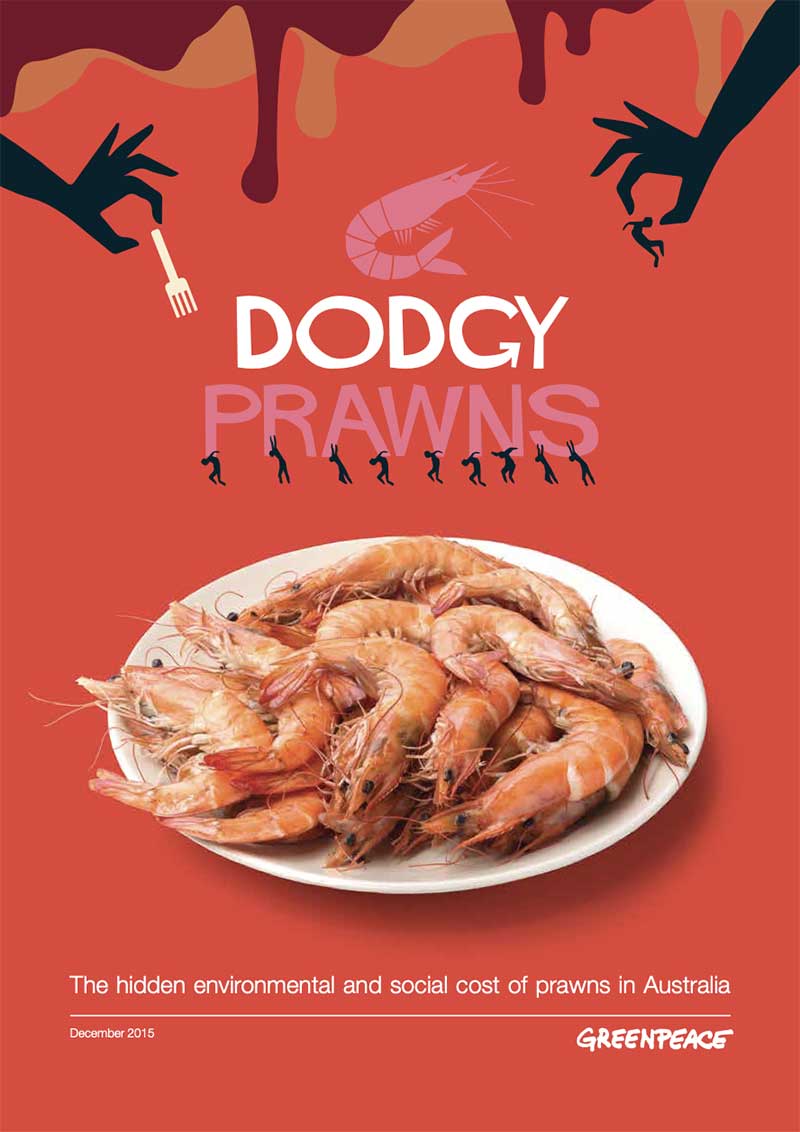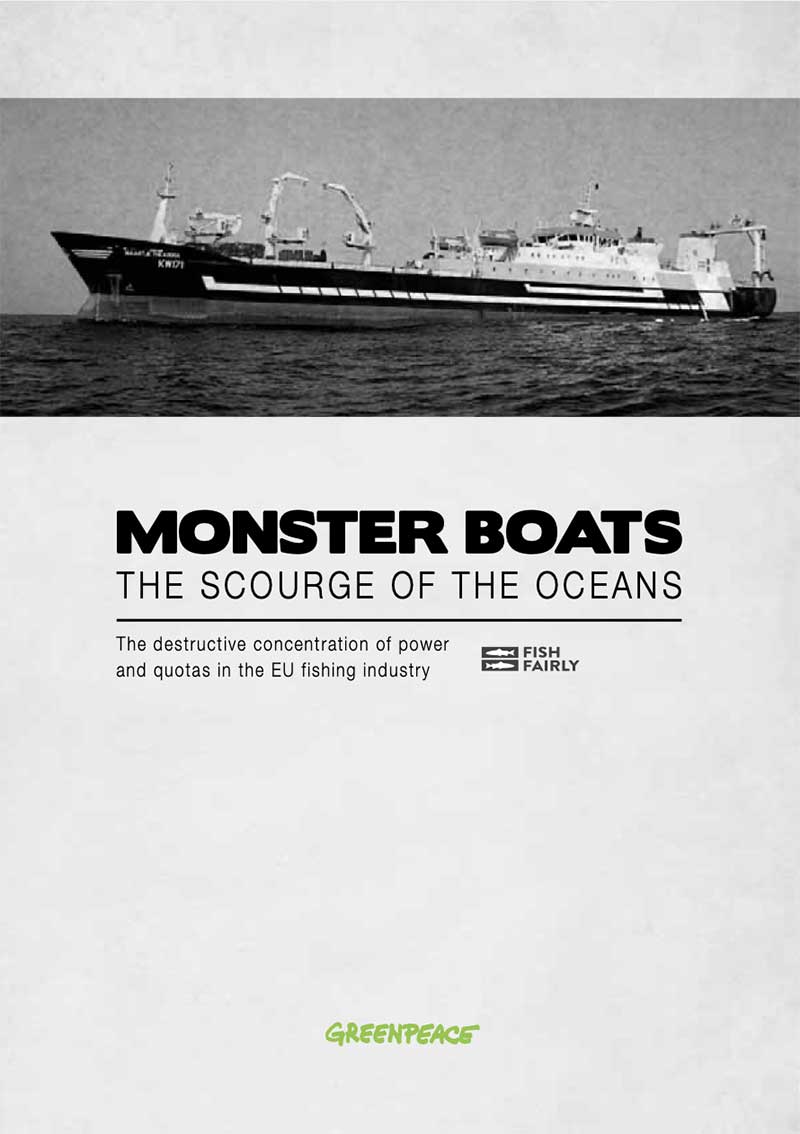Global Ocean Treaty
The Global Ocean Treaty is one of the most important international conservation agreements in history and the first focused on conserving marine life on the High Seas.
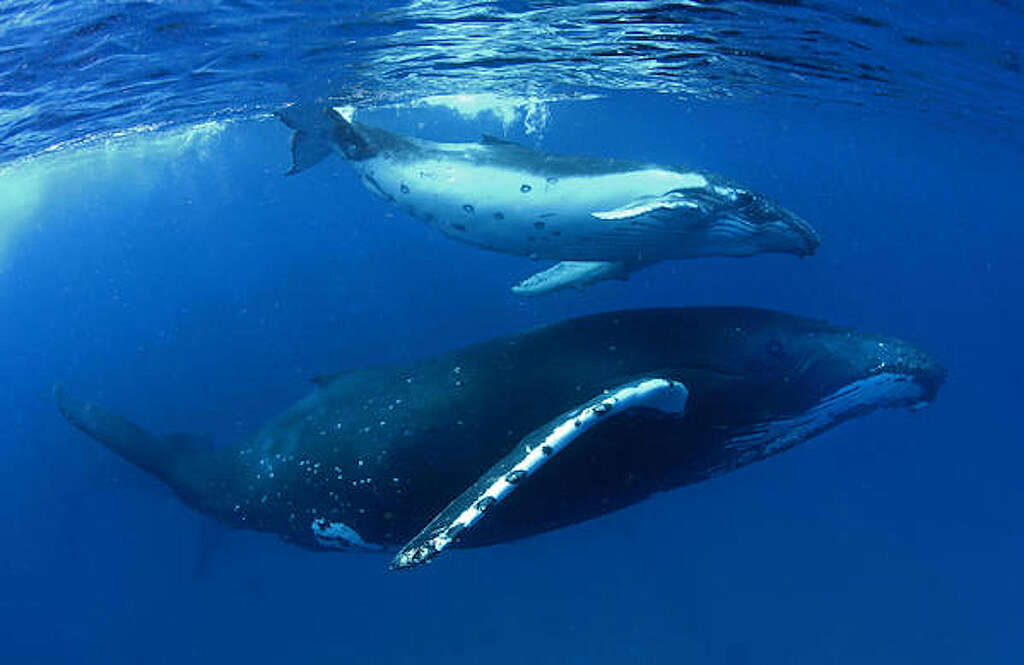
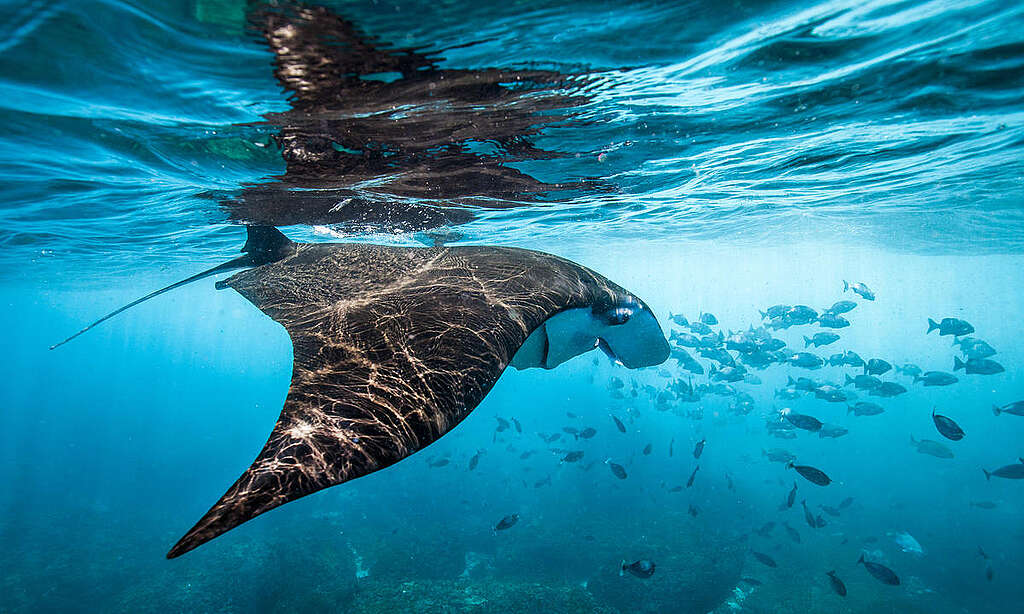
Sign our petition to call on the Australian government to urgently ratify the Global Oceans Treaty, and create a sanctuary for the South Tasman Sea and Lord Howe Rise.
Sign petition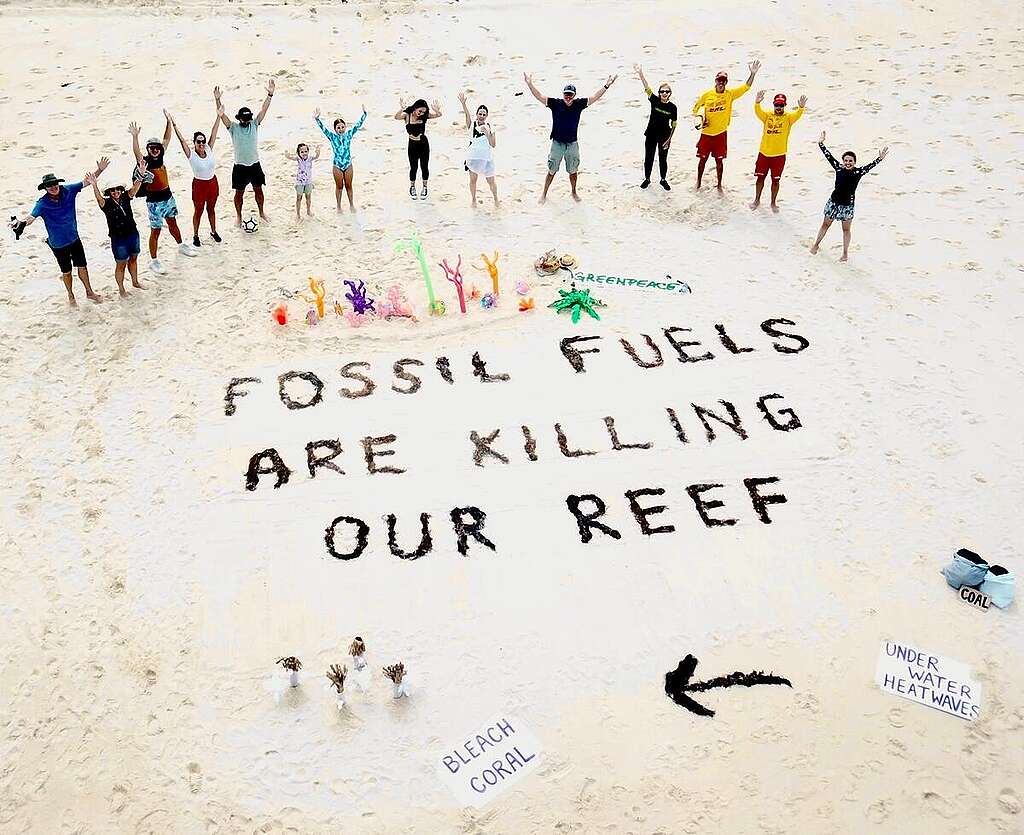
The problem
Threats to the oceans are diverse and severe, and are having wide reaching impacts on the health of our blue planet. These threats include: ocean acidification, global warming, plastic pollution, industrial fishing, and the looming threat of deep sea mining.
Ocean protection needs to start now
The Global Ocean Treaty is a powerful tool that can make ocean protection a reality. But in order for it to work, it needs to be ratified by June 2025.
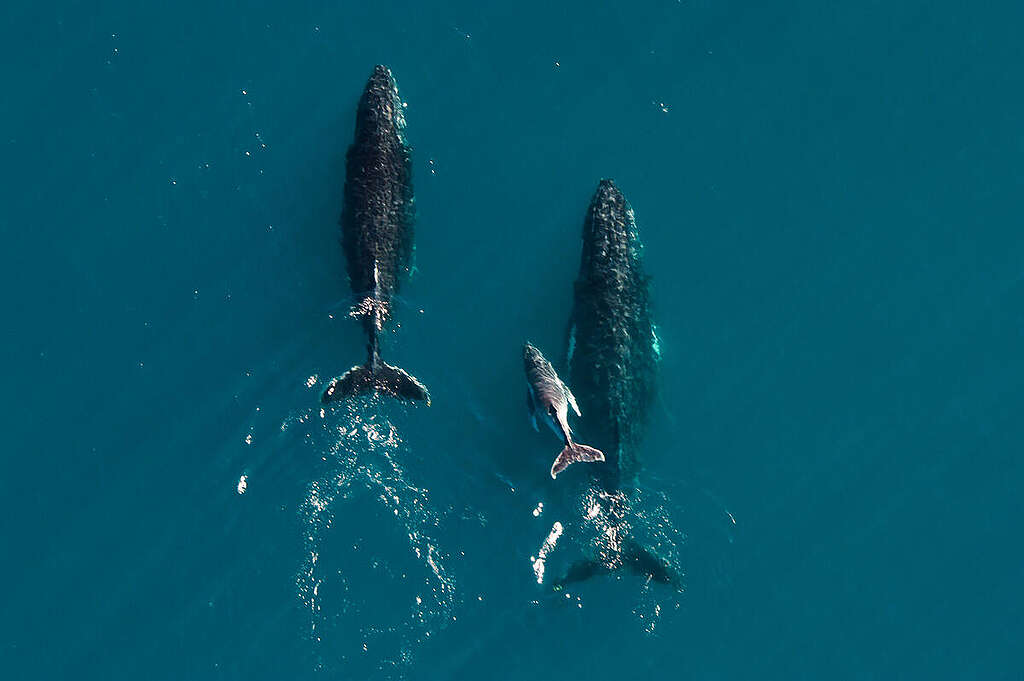
A Marine Sanctuary for South Tasman Sea
In our own backyard, industrial fishing and pollution is putting immense strain on unique and diverse ecosystems. That’s why we’re campaigning to establish a marine sanctuary for South Tasman Sea and Lord Howe Rise.
South Tasman Sea and Lord Howe Rise
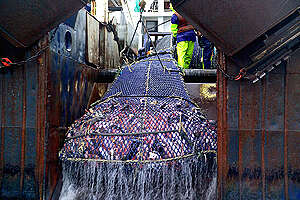
Situated between Australia and New Zealand, the South Tasman Sea and Lord Howe Rise are biodiversity hotspots, home to a unique and diverse range of marine species.
Unfortunately, this marine haven is under threat from industrial fishing. Thousands of marine species are at risk from this destructive industry, including albatross and petrel sea birds. Thousands of these pelagic birds die every year from industrial fishing traps.
We’re campaigning to establish a Marine Protected Area for this beautiful habitat. Will you join us?
Your donation can help secure the future of our oceans
Our work is 100% funded by people like you. A regular donation, every 4 weeks is the most effective way to ensure we can fight daily to ensure world leaders act urgently to secure the future of our oceans and all life on Earth.
Get involved
Keep informed
Together we are part of a growing, global movement determined to bring about the changes our planet desperately needs. Sign up to receive updates on our campaigns.

